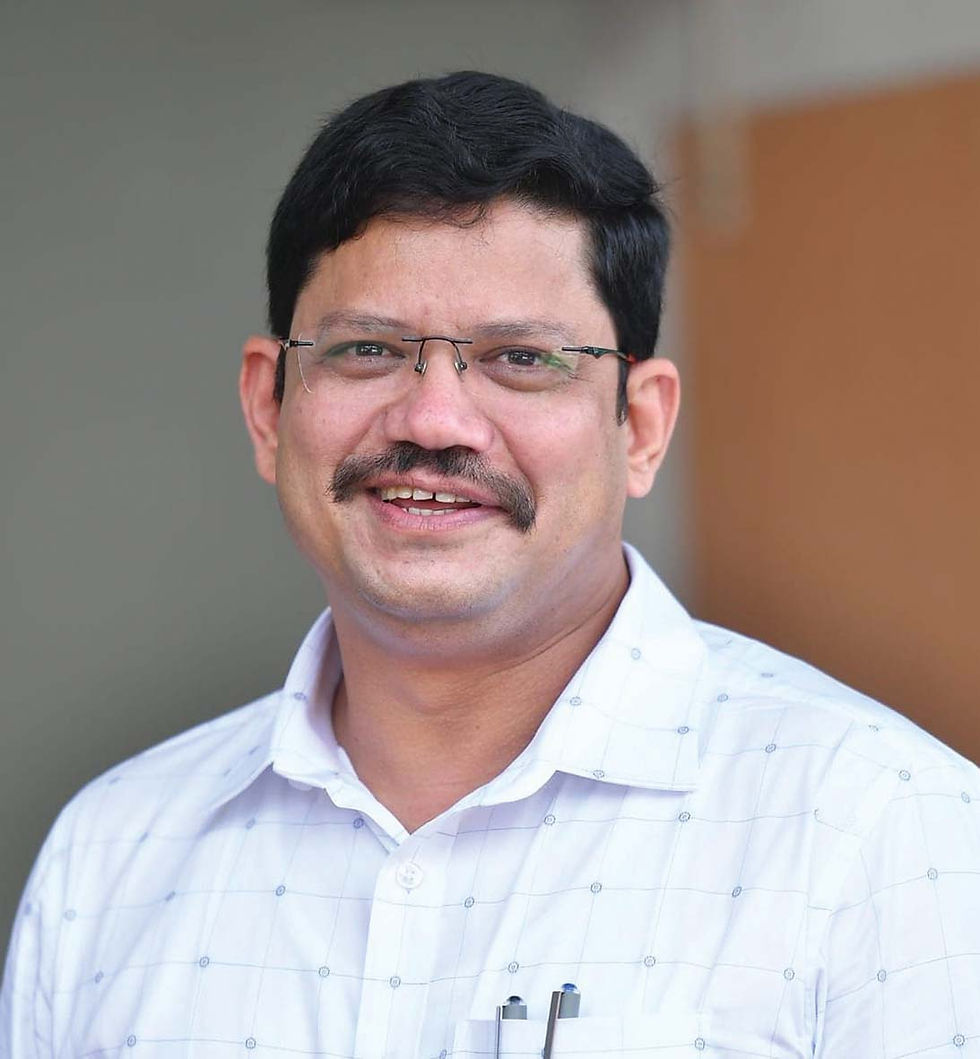Choosing Marriage, Not Chasing It
- Supriya Roy

- Jun 7, 2025
- 3 min read
In an age rife with unsolicited advice, choosing marriage on your own terms is the quietest and boldest revolution.

Growing up in India, one quickly learns that marriage is less a milestone than a societal mandate, especially for women. That eternal question “Shaadi kabkarnihai?” becomes a rite of passage in one’s twenties, echoing like a ticking clock. By thirty, eyebrows rise. Questions, subtle or not, begin to circle. But here is a quiet truth: marriage is not a deadline. It is a matter of readiness, not age.
And yet, despite this cultural pressure, marriage is not a deadline. Nor is it a measure of success. It is, at its best, a conscious decision made with care, maturity and clarity.
I have been fortunate in this regard. My family never tethered my worth to a calendar. Conversations about marriage did happen, but they came laced with concern, not coercion. I recall one evening over tea, when my mother gently broached the topic. “You also have to get married now,” she said. I asked her for two more years. She agreed without hesitation. Those two years came and went, and she never brought it up again.
That kind of quiet trust gave me the freedom to grow. In a world where many are pushed into marriage simply to conform, this breathing space was invaluable.
I am not opposed to marriage. I believe in it deeply. I intend to marry but only when I am ready, and when I find the right partner. I want to enter that bond with awareness, not anxiety. With choice, not compulsion.
This mindset owes much to the family I grew up in. I’ve seen both love marriages and arranged ones. My siblings made different choices with some following their hearts, while others trusting the traditional path. Each choice was accepted without judgment. That balance of autonomy and support is a rare gift in Indian households.
Much of it came from my mother, a quiet force who taught me that strength need not be loud. Life tested her repeatedly but she met it with calm, dignity and resolve. She leads not with command but with grace and patience. Watching her taught me that real leadership lies in trust, not control.
My sister, too, has been a pillar. Together, she and my mother formed a kind of buffer around me by deflecting societal noise and letting me live on my terms. They handled the questions so I didn’t have to. That unspoken solidarity gave me the confidence that no matter what others said, I knew I had my people behind me.
This is perhaps why I’ve never felt pressured to ‘settle down.’ I’ve seen too many women marry early not because they were ready, but because they were told their time was running out. Warnings about fertility. Whispers about respectability. Marriage treated not as a partnership, but a panic response.
Yes, biology plays a role. But marriage is not simply about reproduction; it is about building something lasting with someone who understands and grows with you.
And today’s women are not who they used to be. We are not our grandmothers or even our mothers. We are independent. We chase ambition. We travel alone. We rebuild ourselves after setbacks. Some of us are still figuring out who we are. And that, too, is perfectly valid.
Let us also be realistic: if early marriages fail, so do late ones. There is no formula for a successful union. It is not about when you marry, but whom you marry and why. A well-timed union with the wrong person will still unravel but a delayed one with the right partner can be life-changing. What matters is alignment.
The truth is that a good marriage begins with a good sense of self. One must know who they are before they can know who to share a life with. Marrying from a position of fear – a fear of missing out, of ageing, of judgment - is a recipe for regret.
This is no anti-marriage argument but something to ponder about. If love arrives early, embrace it. If it takes time, so be it. There is no universally ‘right’ age to marry, only the right moment when your heart and mind are in quiet agreement.
It is time we stopped treating marriage as a finish line, and started seeing it for what it can truly be: a conscious, even spiritual partnership built not out of fear or pressure, but out of clarity, trust and joy.
(The writer is a cybersecurity professional and an avid traveler.)




Comments